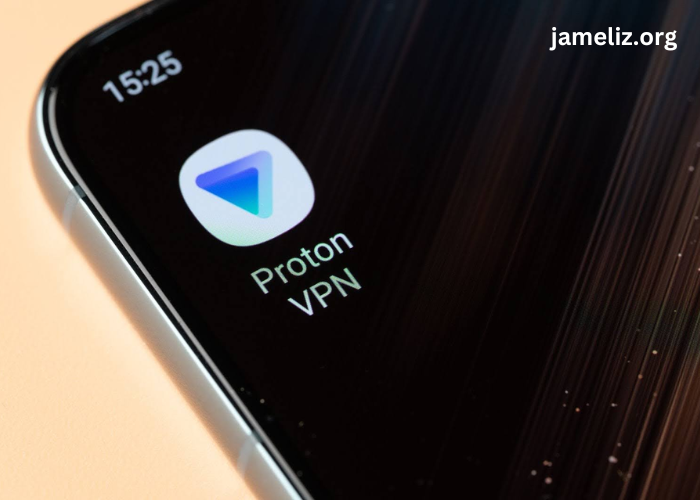One should be concerned about online data security in this digital world. As cyber threats and data breaches rise, a large proportion of internet users seek the services of VPNs for added security. Proton VPN distinguishes itself from other VPNs by its high commitment to privacy and deploying advanced encryption protocols. In this article, we look at how Proton VPN deploys encryption to secure your online activities and why it is a trusted choice for people looking for online privacy.
1. Unmatched Security with Military-Grade Encryption
Proton VPN uses AES-256 encryption, one of the most secure encryption standards. Commonly known as “military-grade,” governments and security agencies worldwide use this encryption to protect classified information. With AES-256, even if hackers intercept your data, they won’t be able to decode it without the encryption key.
With Proton VPN, your internet traffic passes through encrypted tunnels that, for the most part, are inaccessible to cyber threats or other malicious entities. Such strong encryption works perfectly for users who connect via public Wi-Fi hotspots, which are almost always vulnerable to attacks. Proton VPN encrypts your data so your sensitive information is safe, regardless of where you connect.
2. OpenVPN and IKEv2/IPSec Protocols
Along with powerful encryption, Proton VPN also offers secure tunneling protocols such as OpenVPN and IKEv2/IPSec, which have earned the trust of security experts worldwide since they can establish stable, encrypted connections. OpenVPN is flexible and secure since it works on almost any network. As such, it provides the best protection against attacks.
IKEv2/IPSec is another fast, secure protocol that is especially useful for mobile users. IKEv2/IPSec allows seamless transitions between Wi-Fi and cellular – a feature that is one of the biggest attractions for people who want nonstop protection when on the move. Working in harmony, the protocols above ensure that Proton VPN users will always enjoy secure, encrypted connections wherever they go and whatever device they use.
3. Secure Core Servers
Proton VPN takes privacy to the next level with its Secure Core architecture. The Secure Core servers are located in countries with very friendly data protection laws, such as Switzerland, Iceland, and Sweden. When connecting to one of these Secure Core servers, your internet traffic gets routed through several servers across different countries, making tracking by third-party persons even more impossible.
This multi-hop feature is very important, especially for users in high-risk regions where the internet is closely monitored. Through Secure Core, Proton VPN ensures that even when an attacker manages to monitor one of its exit servers, they still cannot connect the connection to a user. The Secure Core servers used by Proton VPN simply show a commitment to offering the best level of protection of privacy.
4. No-Logs Policy
Regarding VPNs, the keyword is transparency, and Proton VPN takes this frontline with its strict no-logs policy. Simply put, it does not store any information or track the user’s activities while connected to this service, making such users anonymous on the web. Although some VPN providers keep minimal data from users, the no-logs policy with Proton VPN means that your browsing history and personal information are never stored or shared with third parties.
Proton VPN further builds confidence with users by making its apps open-source; anyone can inspect the code to ensure it checks out against the highest security standards. Proton VPN seals its position as one of the best options for privacy-conscious users because of this level of transparency and advanced encryption. Transparency is an issue that concerns many people, and this is why choosing a VPN provider needs to be taken very seriously, such as Proton VPN, which values users’ privacy over data collection.

